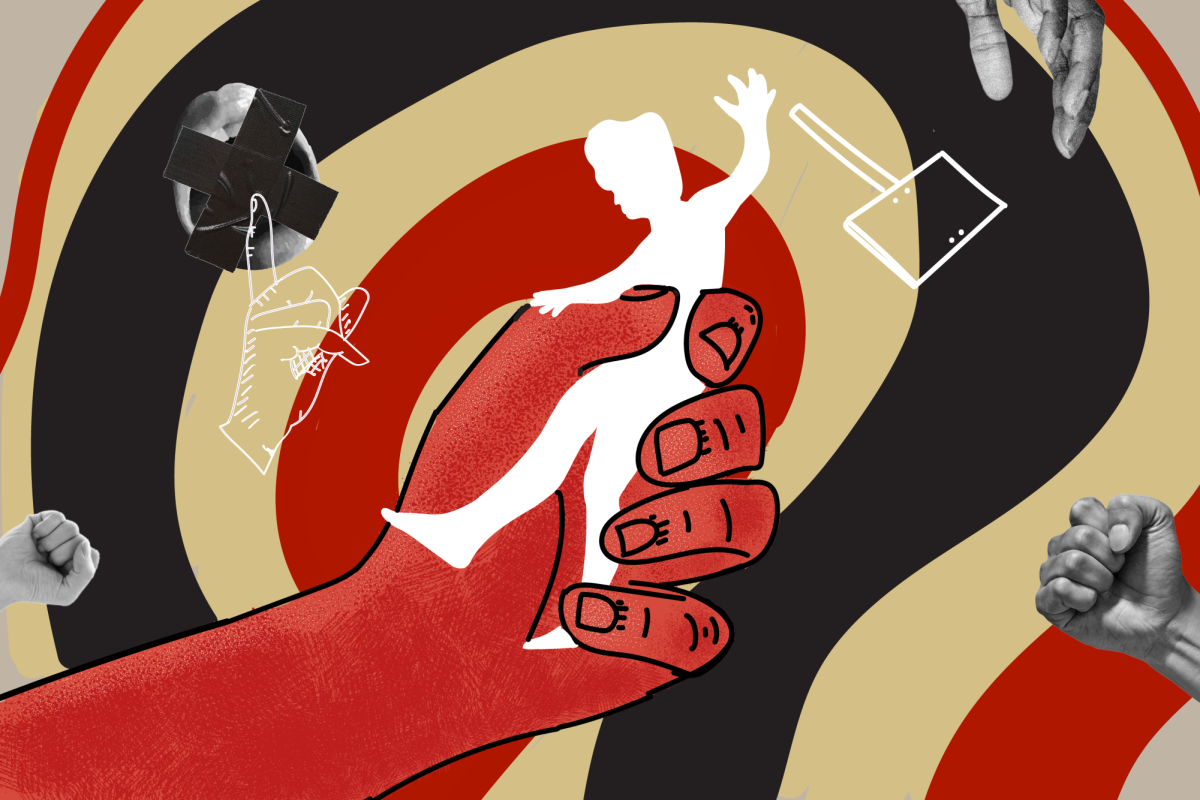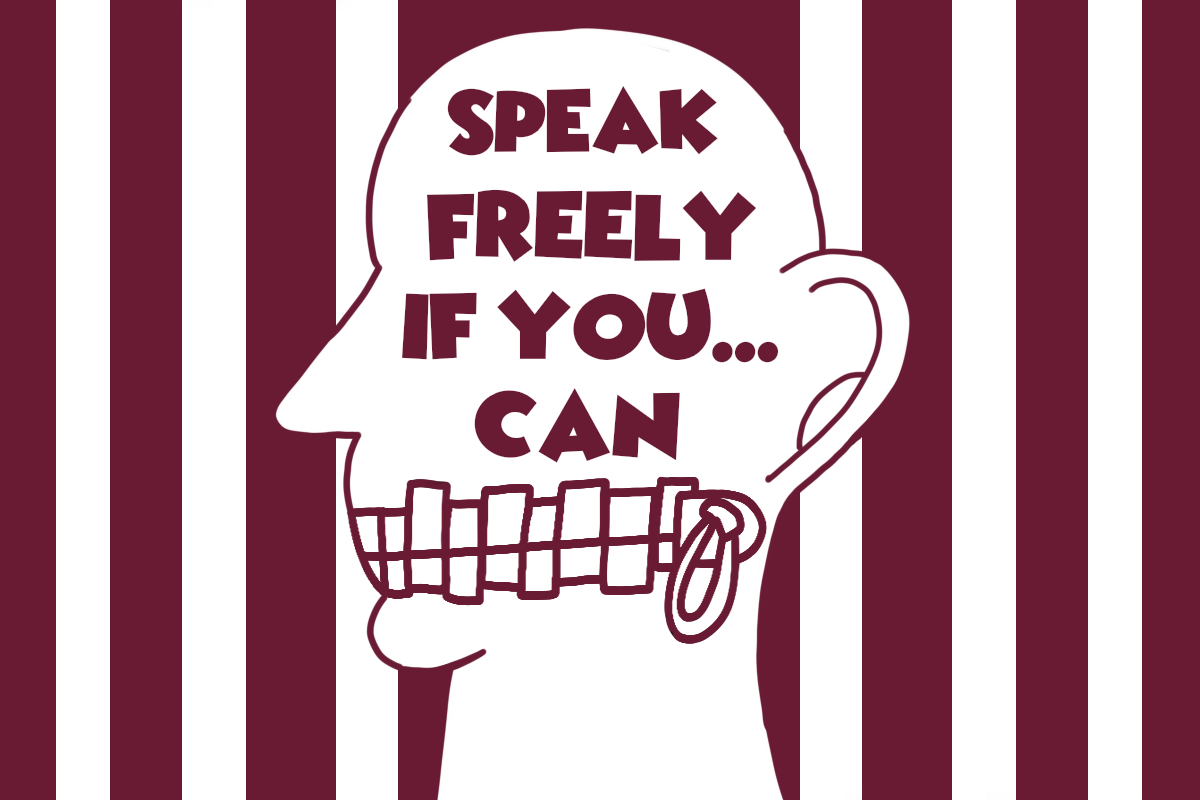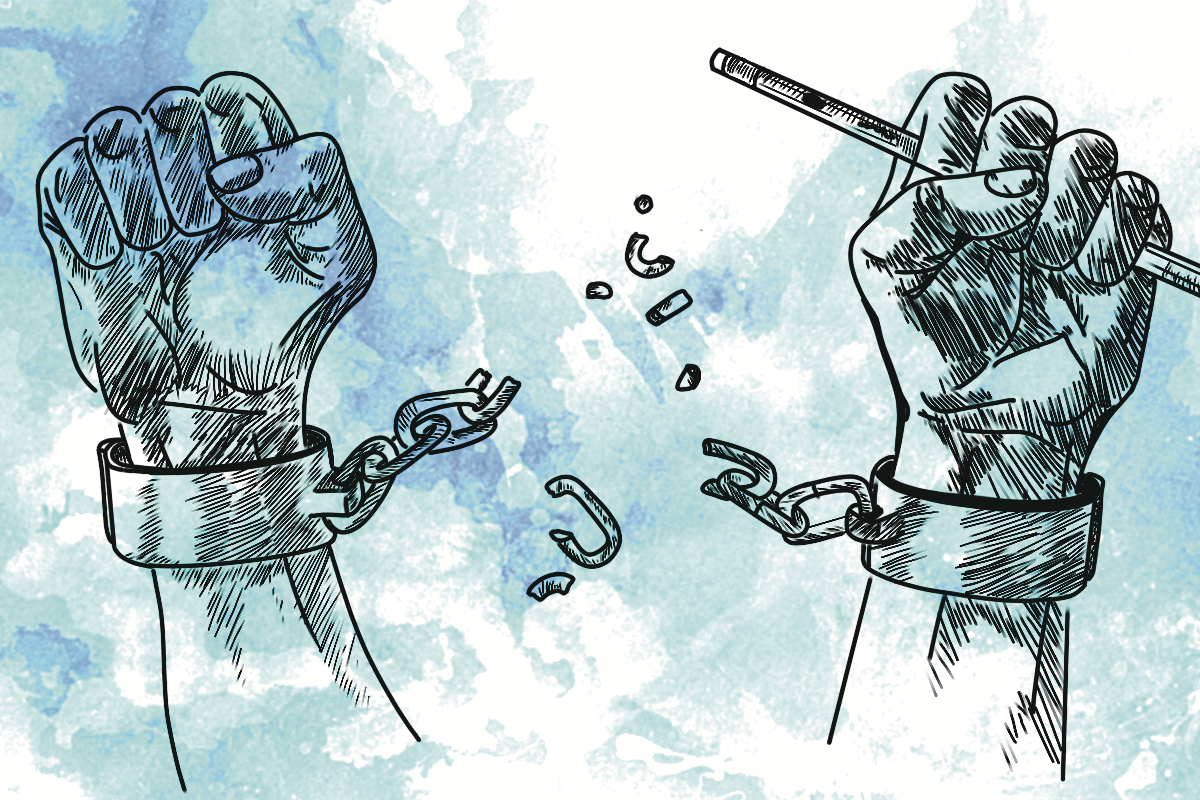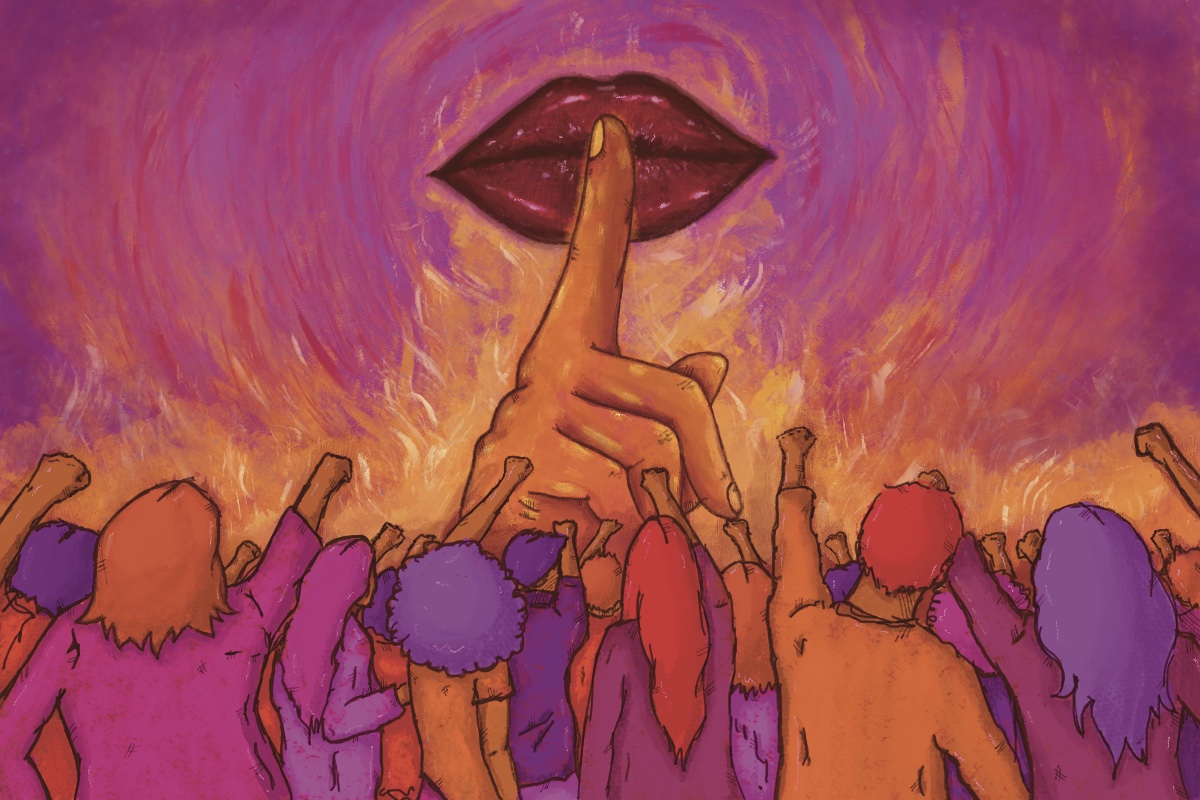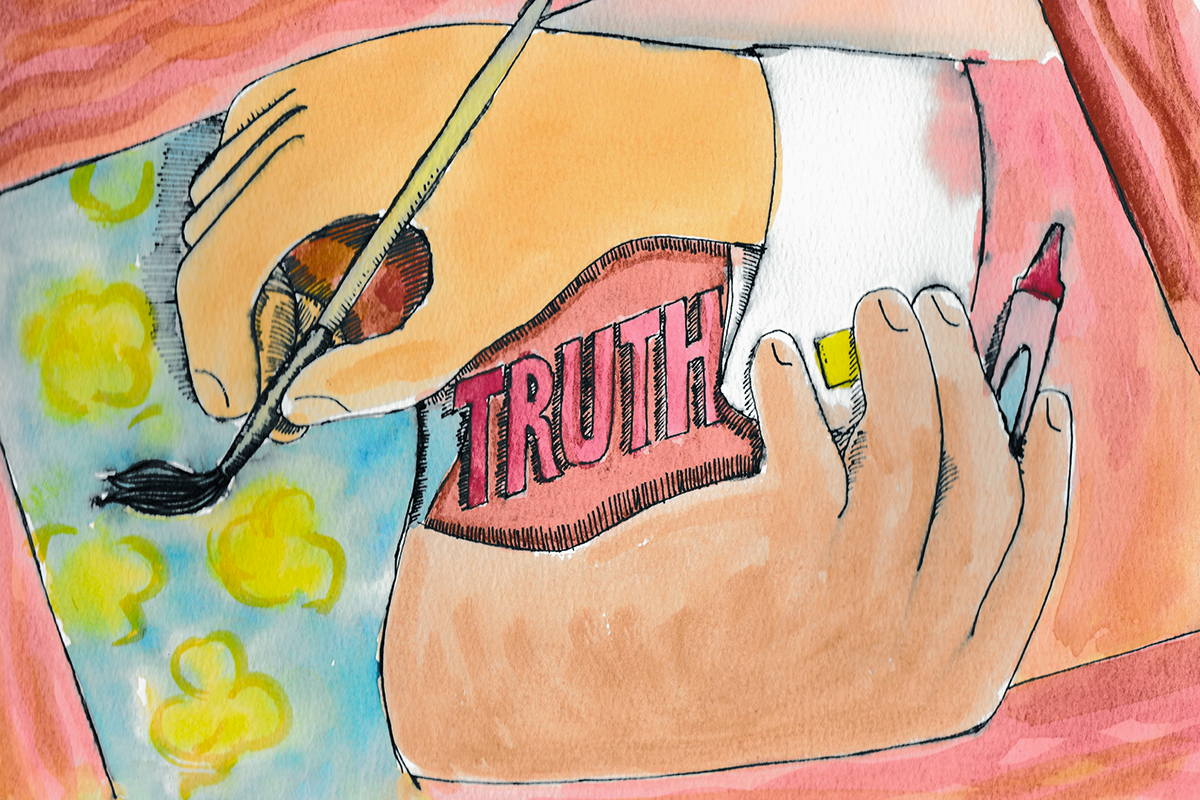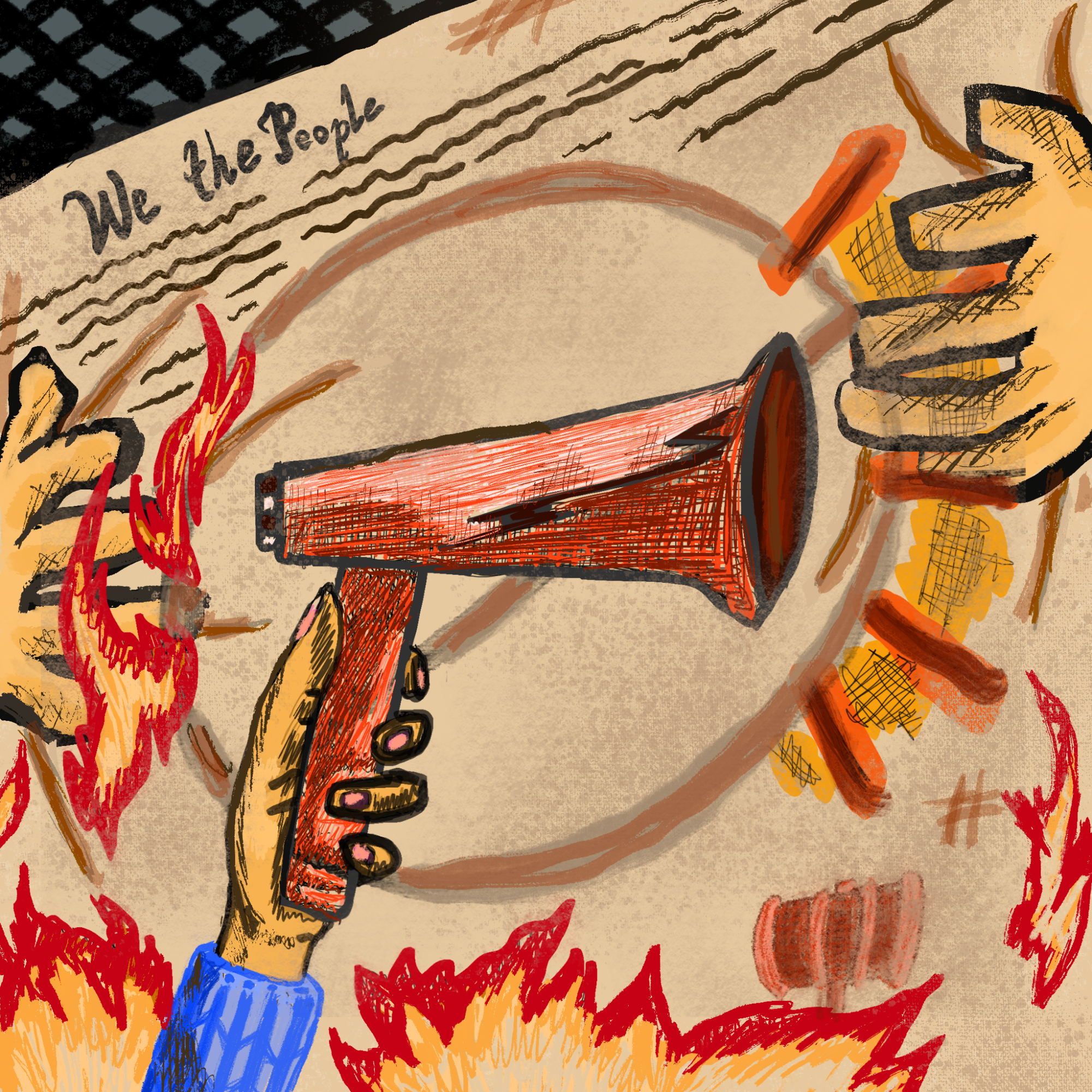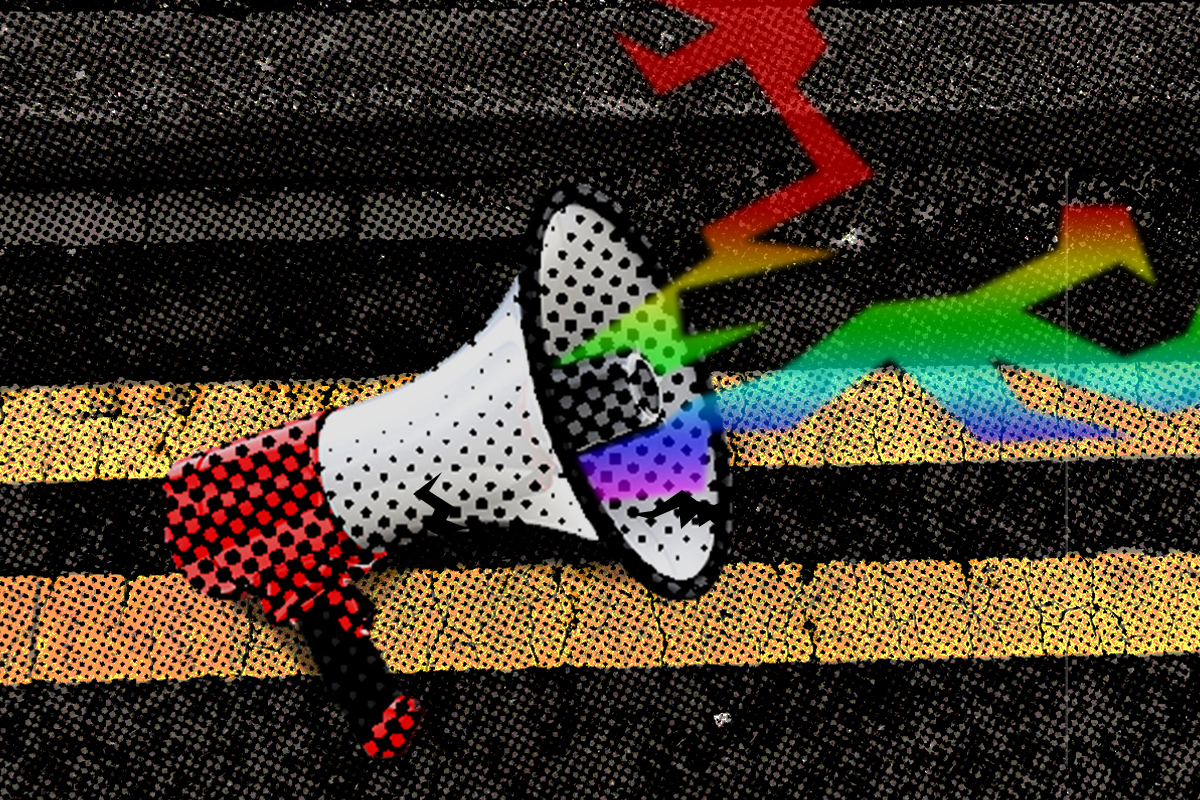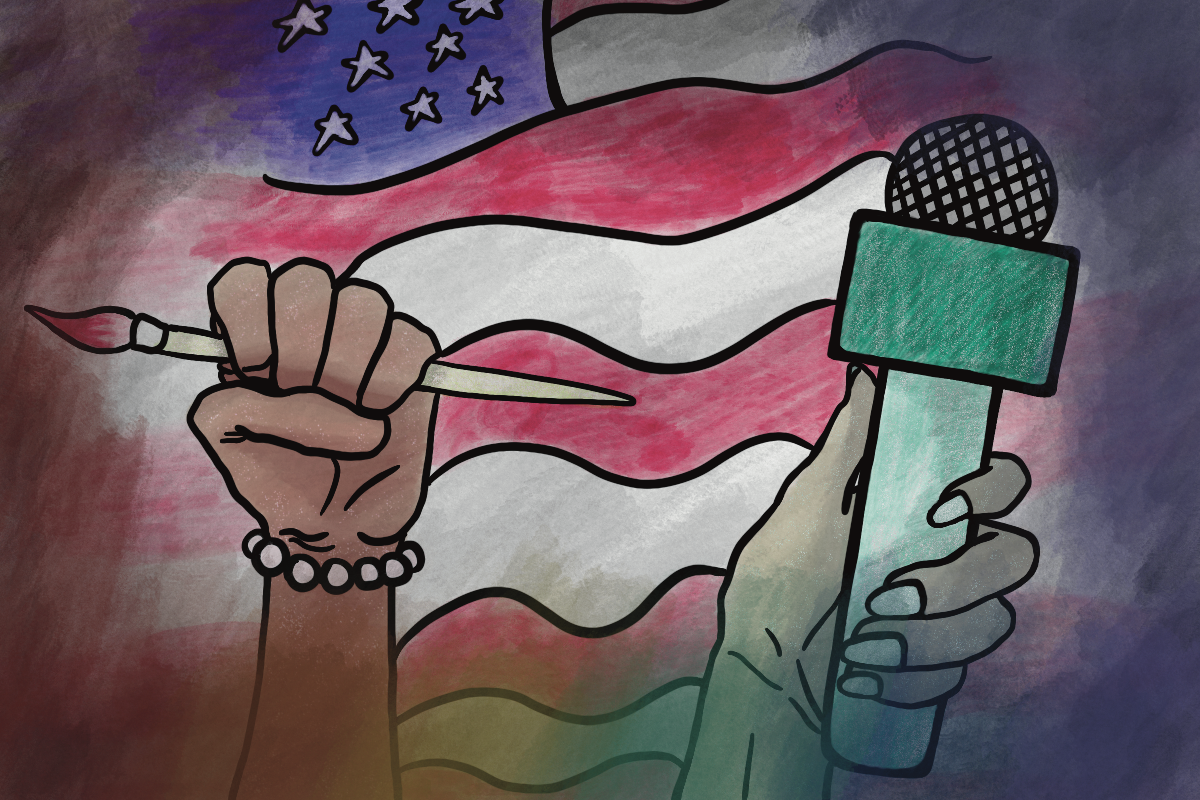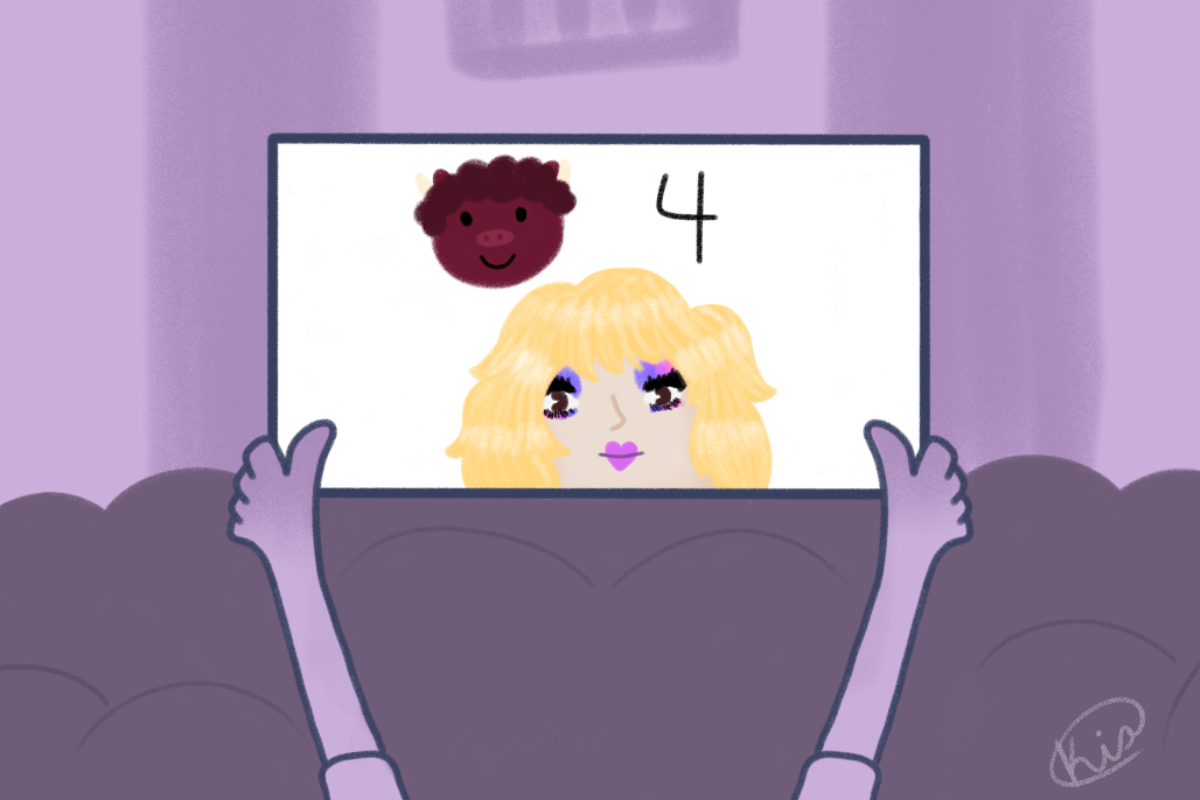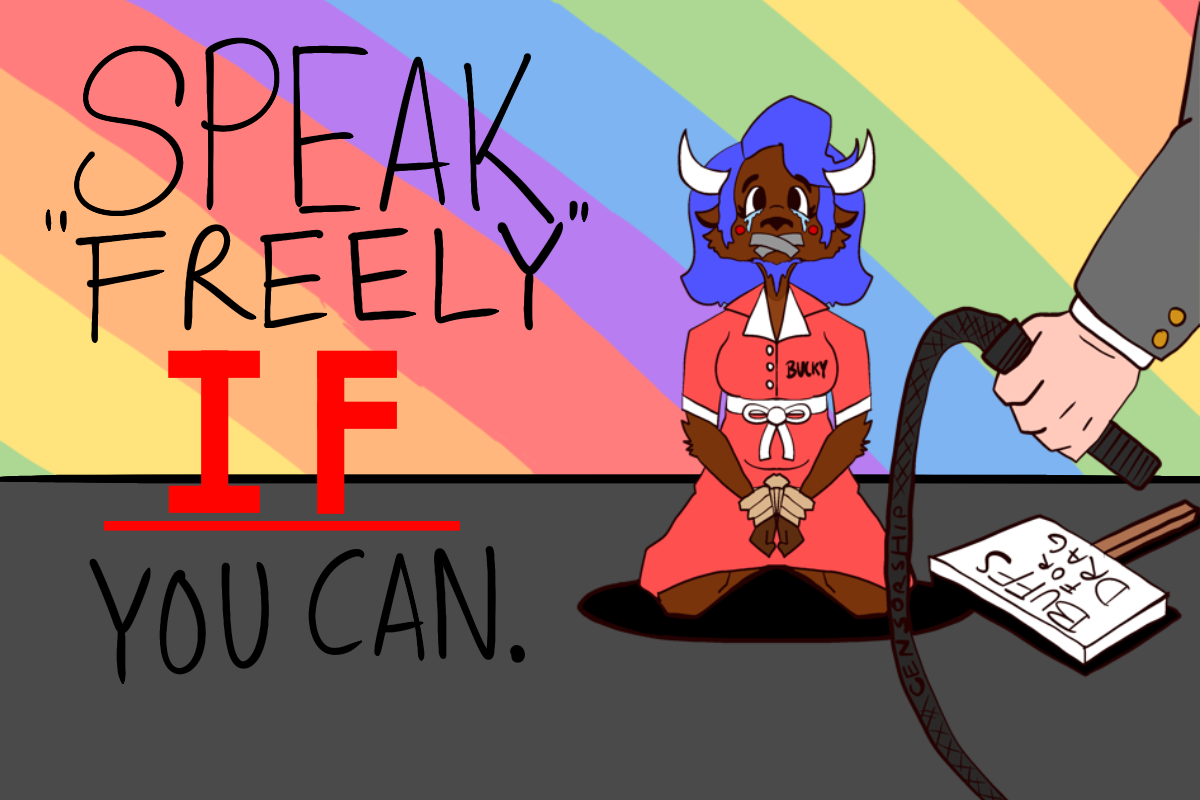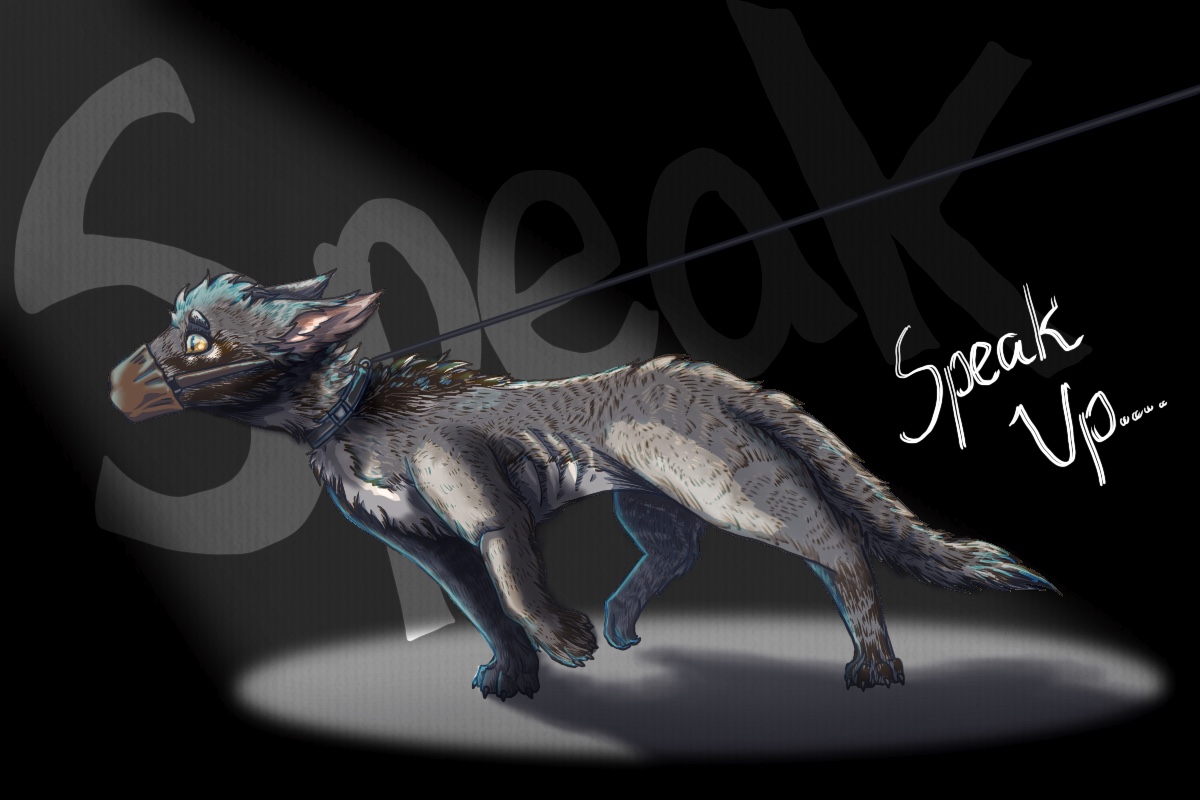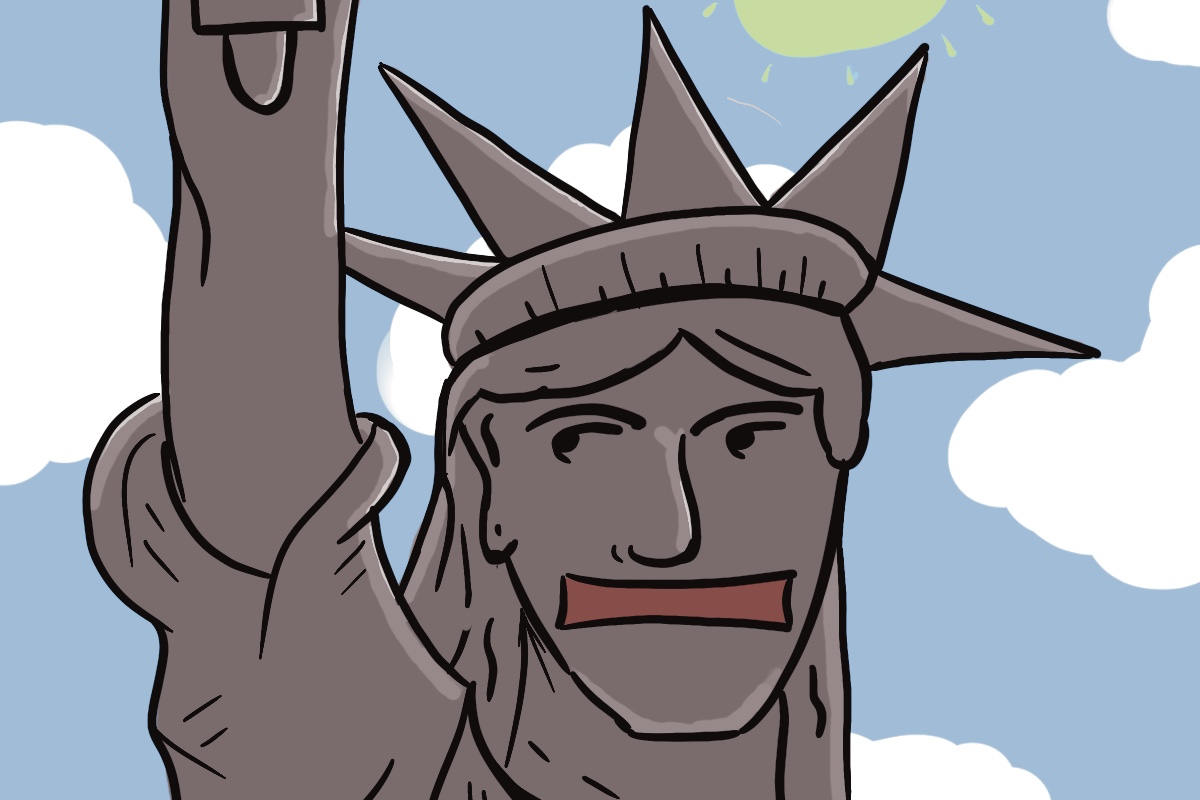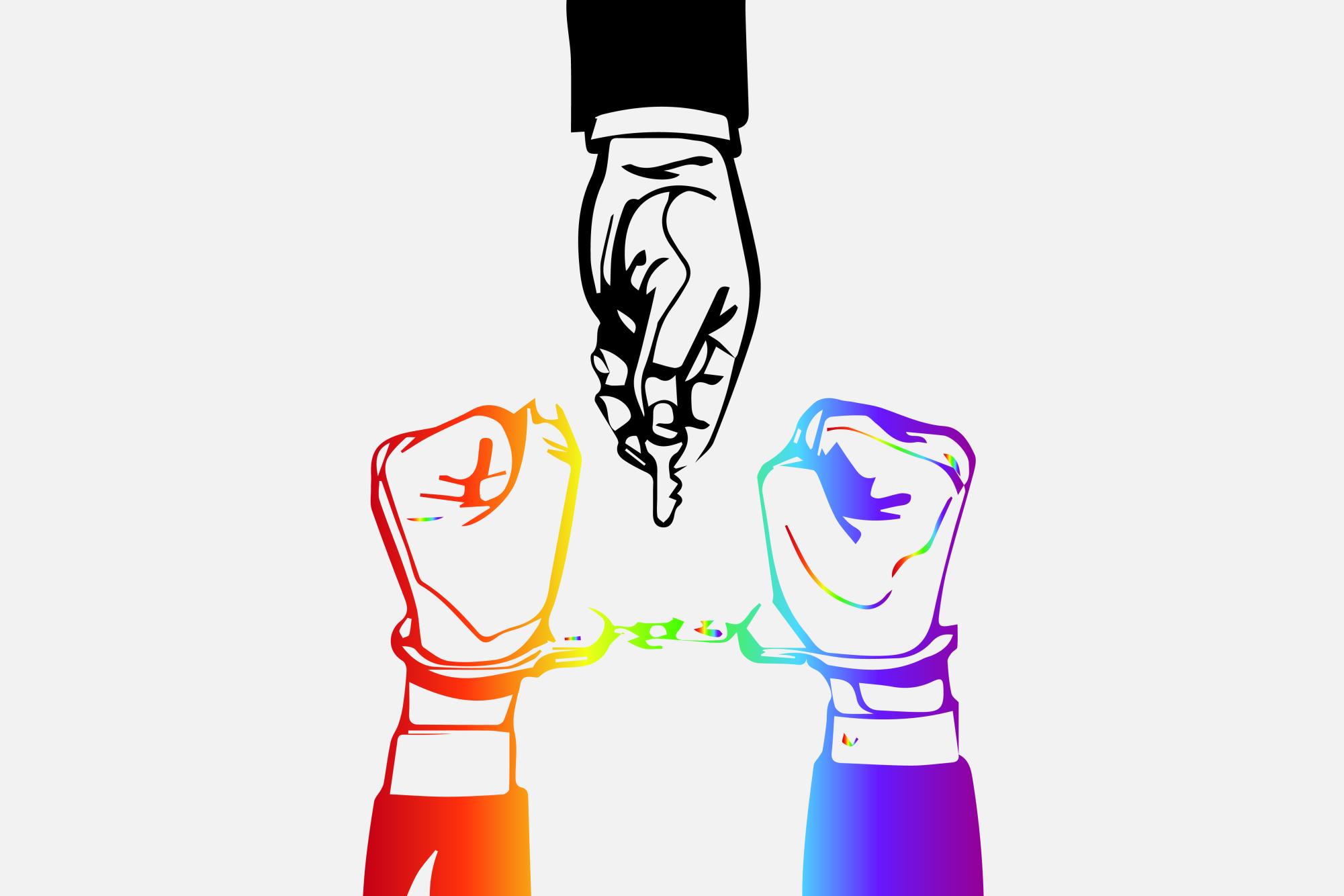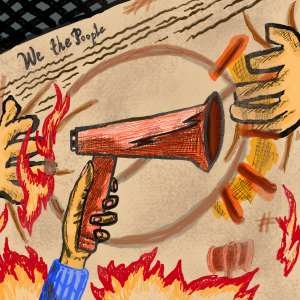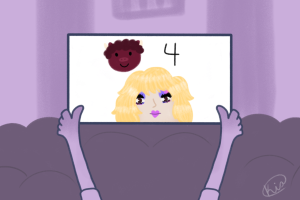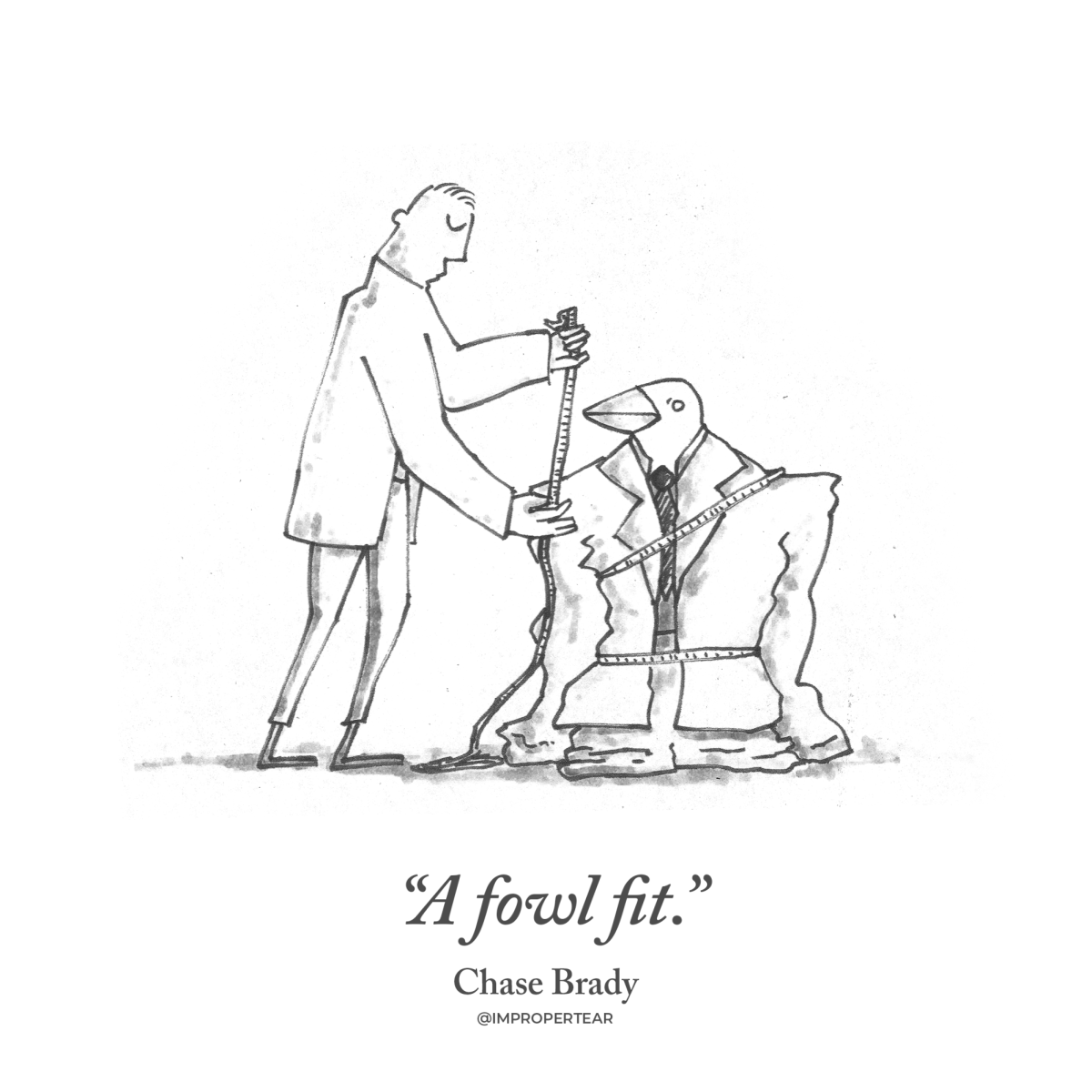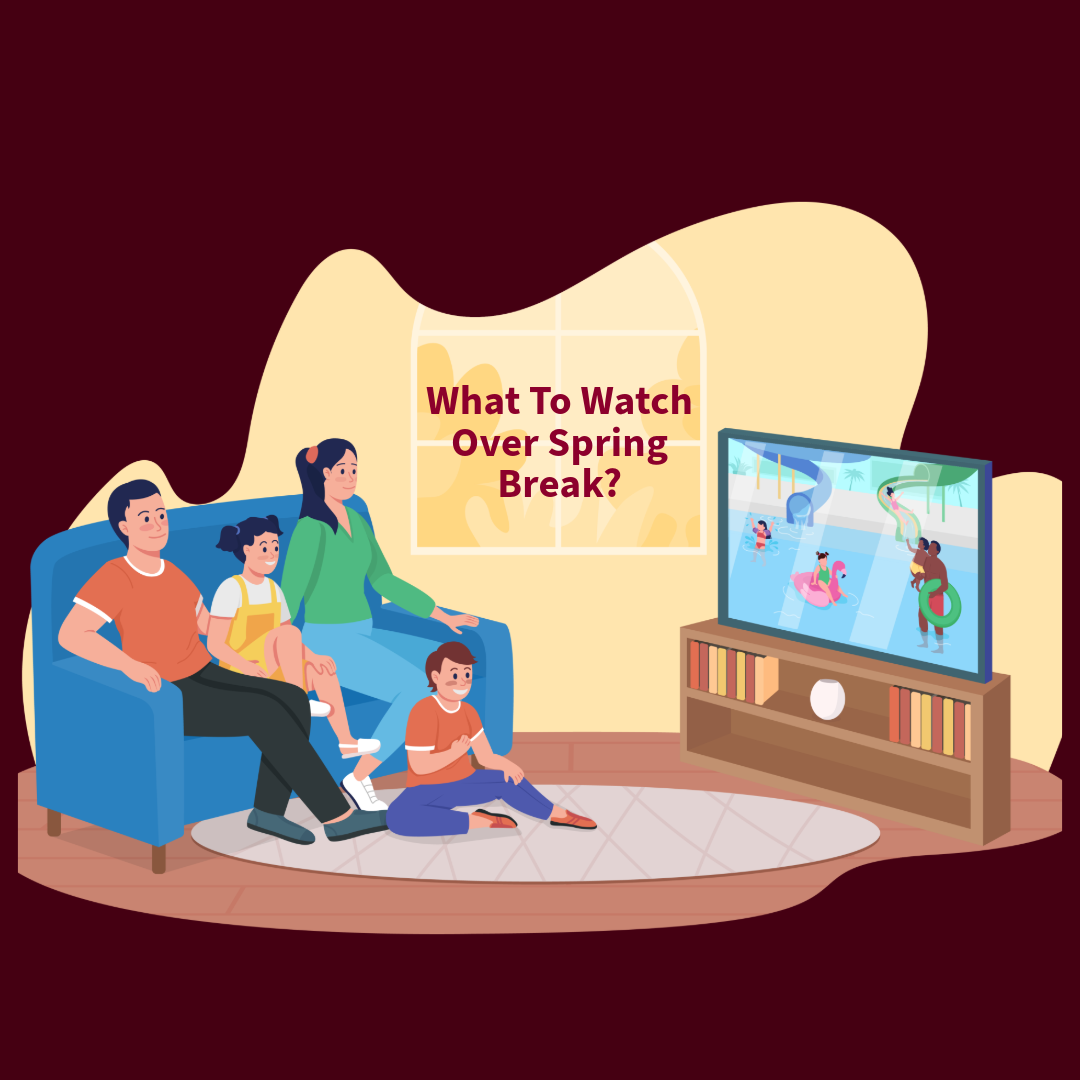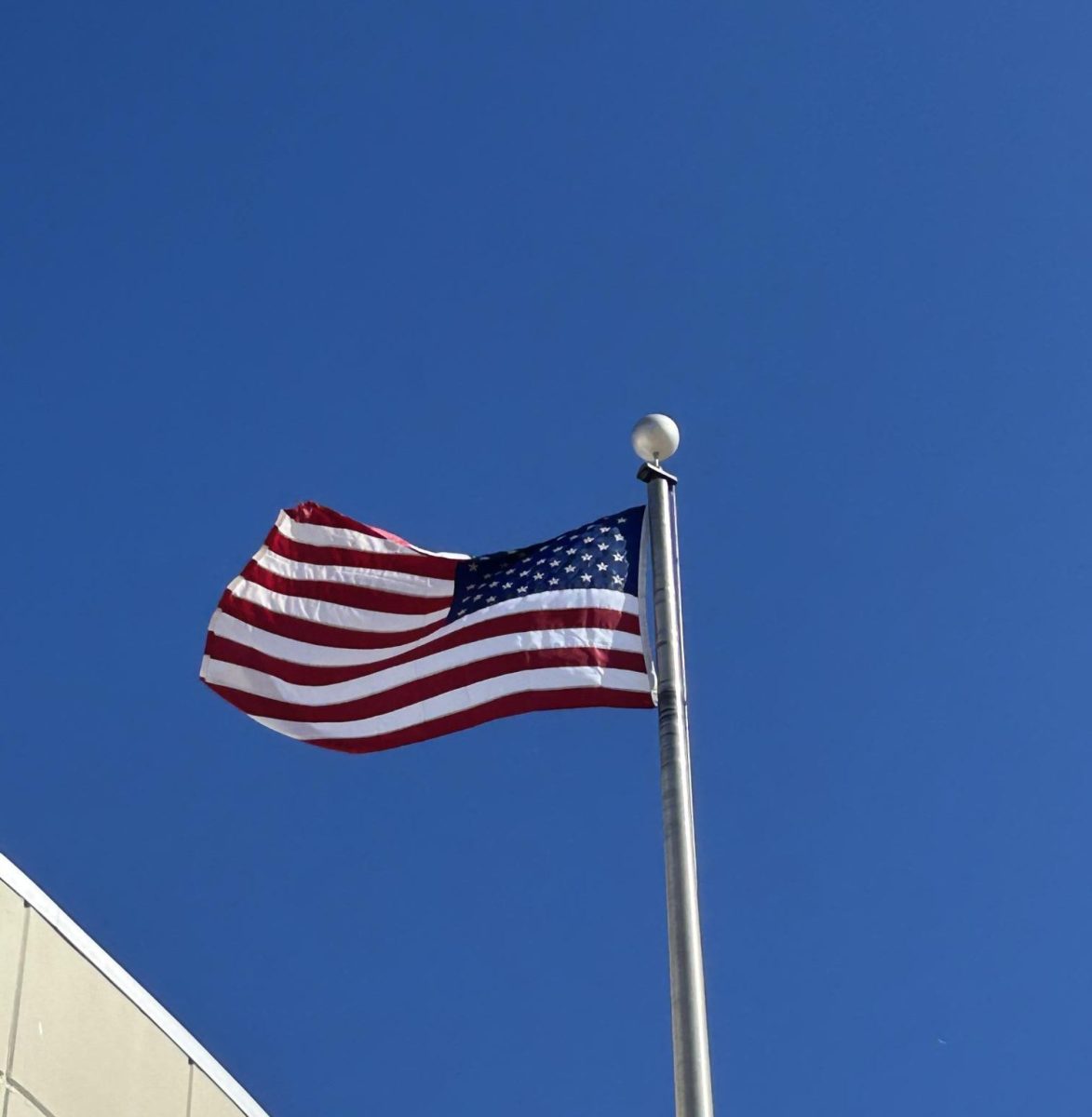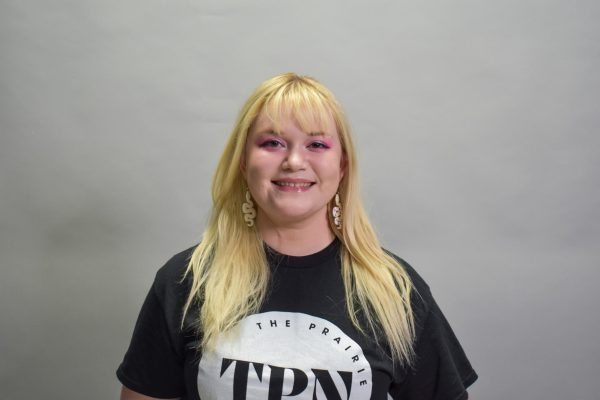The Prairie News is a student-led free press. All opinions expressed herein are solely those of the writer and not those of WTAMU.
The freedom of speech and the freedom of the press are two of five rights guaranteed by the First Amendment to the United States Constitution. The freedom of the press is a cornerstone of a democratic society; unrestricted media informs the public to make decisions, hear diverse opinions and hold those in positions of authority accountable for their actions. Free speech allows us to criticize policies, debate each other and express individuality. The rights of the free press and free speech are essential to freedom of thought, significant to the values of the United States of America, and by the language of the Bill of Rights, the government cannot impose restrictions on either.
So why have they done just that for college students?
In Hazelwood School District v. Kuhlmeier, a 1988 Supreme Court decision determined that pre-publication administrative review of a high school student newspaper was justified where the school newspaper is “school-sponsored” speech and when the pre-publication review was related to “reasonable pedagogical concerns.” The case began when three high school students sued their school district after their principal removed pending articles from their student newspaper named Spectrum.
In the 2006 case Hosty v. Carter, the Seventh Circuit Court expanded these restrictions to include college newspapers. Since then, 17 states have passed legislation to protect student journalists. Texas is not one of those states.
WT President Walter Wendler canceled the drag shows that Spectrum WT had planned for this year and last. Spectrum WT filed a lawsuit against President Wendler with the help of the Foundation for Individual Rights and Expression (FIRE), and in September 2023, United States District Judge Matthew Kacsmaryk dismissed Spectrum WT’s claim for damages. FIRE and Spectrum WT have brought the case to the U.S. Court of Appeals for the Fifth Circuit.
I don’t bring up these examples to convince you that the cancellation of the drag show was wrong, or that TPN is under threat; in my experience as editor-in-chief, WT has not attempted to inflict an administrative review of our publication. Rather, I want to point out that although freedom of speech and the freedom of the press are guaranteed in the Bill of Rights, those rights aren’t constitutionally protected for college students.
As young people, we are figuring out our stances on issues and need the ability to engage in open debate to form these opinions fully. We should have the right to criticize policies and rules that we feel hinder us from obtaining the highest quality education WT has the means to offer. And within the current standards of protected speech, we should be able to freely express ourselves at student organization events.
The categories of speech not protected by the First Amendment include obscenity, child pornography, defamatory speech, false advertising, true threats and fighting words. The Federal Communication Commission also bans certain words and acts from television broadcasts. The government applies these restrictions at a national level without discrimination. But at a collegiate level, censorship of free speech is up to administrators and can be open to interpretation.
According to the American Civil Liberties Union, “Historically, restrictions on speech have proven at best ineffective, and at worst counter-productive, in the fight against bigotry. Although drafted with the best intentions, these restrictions are often interpreted and enforced to oppose social change. Why? Because they place the power to decide whether speech is offensive and should be restrained with authority figures — the government or a college administration — rather than with those seeking to question or dismantle existing power structures.” When people in positions of authority have the power to decide what speech is and is not allowed, they force their own biases and points of view onto the student body.
President Wendler has the right to express his views about drag. You, as a reader, have the right to disagree with this article. I also have the right to write and publish it. We should not discourage or, worse, prohibit each other from expressing viewpoints that are not obscene, threatening, defamatory or hateful based on our personal feelings.
The Prairie News welcomes opinion pieces that are written according to our guidelines, even if those opinions go against the views of the TPN staff at that time. I implore you to consider the importance of free speech at the collegiate level and express your opinion. It’s your right (some restrictions apply.)



